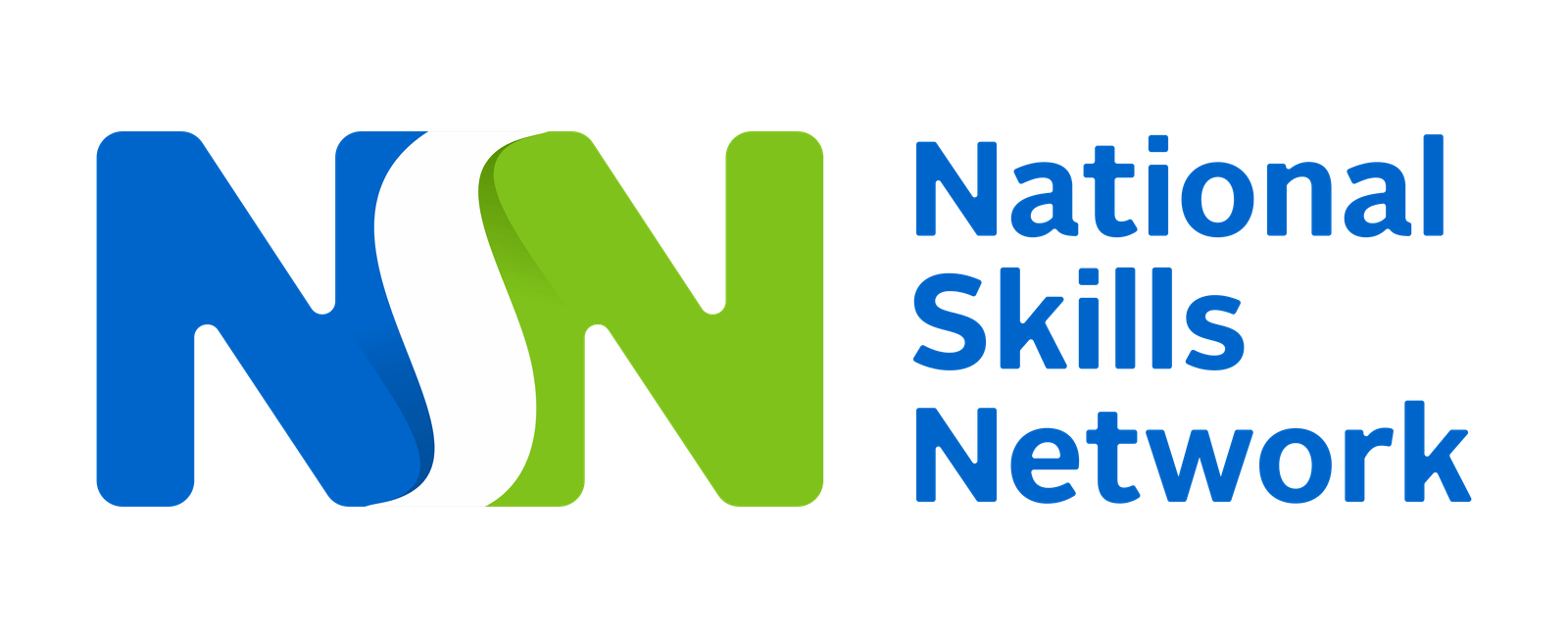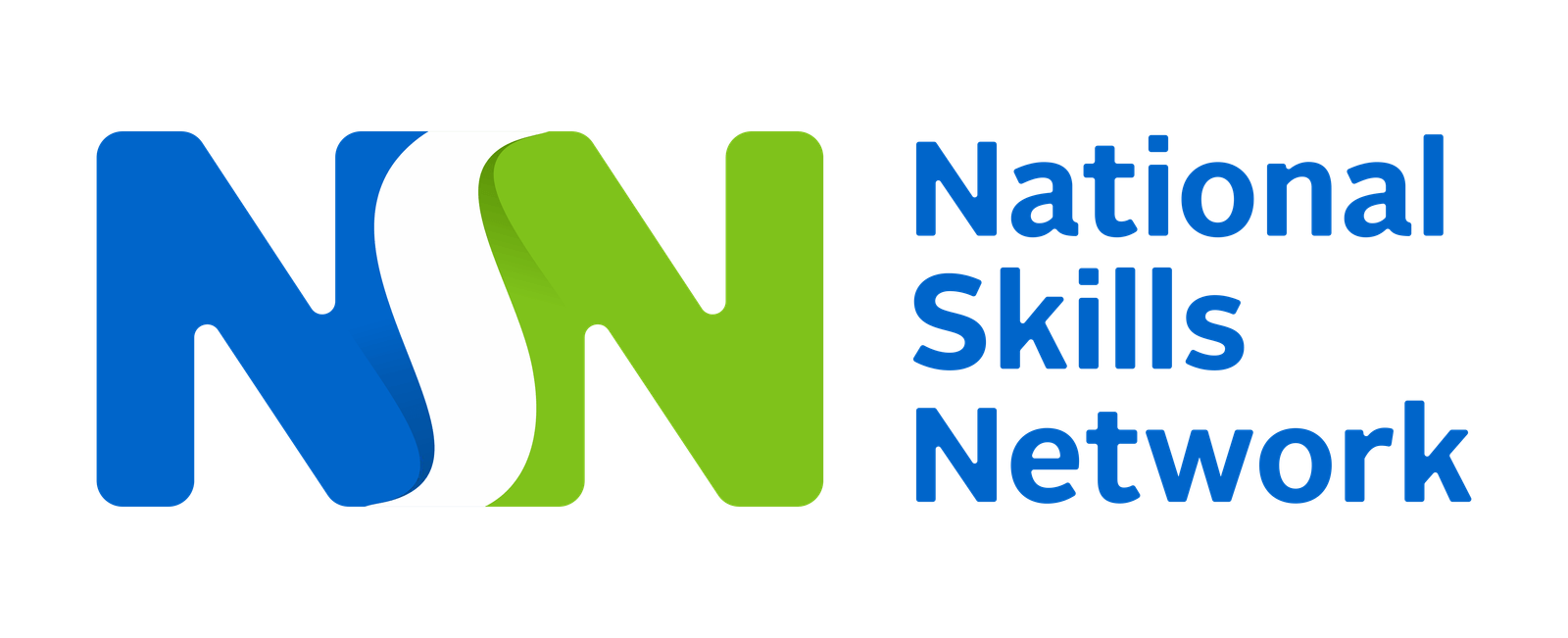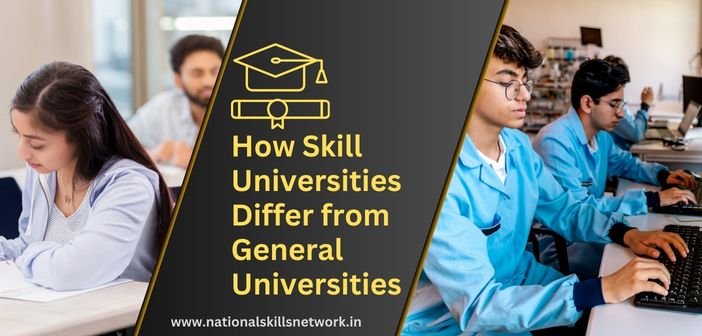India’s educational landscape is undergoing a transformative shift, with a growing emphasis on skill-based learning to meet the demands of a rapidly evolving job market. The emergence of Skill Universities alongside traditional General Universities is a testament to this paradigm shift.
As the government accelerates its focus on Vocational Education and Training (VET), it becomes imperative to understand the distinct characteristics of these two institutional models. The 2024 National Institute Ranking Framework (NIRF) rankings, which now include distinct categories for Skill Universities, Open Universities, and State Funded Government Universities, underscore the government’s commitment to diverse educational pathways.
As India pushes forward with its National Credit Framework (NCrF), the differences between Skill Universities and General Universities are becoming more pronounced, particularly in terms of curriculum design, skill integration, and educational outcomes.
This article delves into the key course parameters that distinguish these two types of institutions, providing a comprehensive overview of how they align with the Standard Operating Procedures (SOPs) for implementing the NCrF. By understanding these distinctions, stakeholders can better navigate the educational landscape, ensuring that institutions meet the diverse needs of students and the evolving demands of the workforce.
Here are the key parameters to differentiate between a General University and a Skill University,
- Regulation and Overview
- Program Types and Structure
- Admission Criteria and Pathways
- NCrF Levels and Course Offerings
- Norms and Provisions
- Aspirational Nomenclature and Ranking Standards
Skill Universities (SUs)
Regulation and Overview
Skill Universities are primarily regulated by the University Grants Commission (UGC) under the UGC Act and Regulations. They are designed to focus on vocational education and training (VETS), emphasizing practical skills and industry readiness.
Program Types and Structure
Skill Universities are mandated to offer at least 50% of their programs as skill-based. Within these programs, up to 70% can be dedicated to the skilling component. This structure ensures a high degree of practical training, preparing students for specific job roles and industries.
Admission Criteria and Pathways
For diploma courses, candidates need to have completed Grade 10 or have a 2-year ITI (Industrial Training Institute) certificate after Grade 8. The education pathways in Skill Universities can include:
- Integrated Model: Combining ITI certificates with higher education, such as:
- ITI + 12th Grade = Diploma/UG Diploma
- Diploma + 1 year = BS Degree
- Diploma + 2 years = BS Degree with Honours
NCrF Levels and Course Offerings
Courses and qualifications in Skill Universities align with:
- NHEQF (National Higher Education Qualifications Framework): Levels 4.5 and above.
- AICTE (All India Council for Technical Education): Levels 3.5, 4.0, and 4.5.
- NSQF (National Skills Qualifications Framework): Levels 3.5 and above.
Norms and Provisions
- Staffing and Infrastructure: Governed by UGC regulations for NHEQF and NCVET guidelines for NSQF.
- Recognition of Prior Learning (RPL): Adheres to UGC regulations for NHEQF and NCVET guidelines for NSQF.
- Internships and On-the-Job Training: Guided by UGC and NCVET norms.
- Apprenticeship Programs: Differ based on the level, with degrees (Levels 4.5-8) regulated by UGC, diplomas (Level 4.5) by AICTE, and VETS diplomas (Levels 4.5-5) by NCVET.
Aspirational Nomenclature and Ranking Standards
- Degree and Diploma Nomenclature: Issued by UGC and NCVET.
- NIRF/NAAC Rankings: Standards and parameters will be modified in consultation with stakeholders.
Embedding of VETS in Higher Education
Skill Universities are focused on integrating VETS into higher education by developing higher-order skills-based qualifications and research initiatives.

General Universities
Regulation and Overview
General Universities operate under UGC regulations and offer multi-disciplinary programs. They have a broader focus, including both academic and vocational education.
Program Types and Structure
- Skill-Based Programs: General Universities are required to adhere to UGC norms, allowing up to 25% for interdisciplinary subjects and up to 50% for skilling components within a program.
Admission Criteria and Pathways
Candidates must have completed 10+2 or an equivalent qualification. Pathways include:
- ME-ME Options: Progressing from certificate to diploma, and then to degrees with honors and research.
NCrF Levels and Course Offerings
Courses offered are generally at Level 4.5 and above, aligning with:
- NHEQF: Level 4.5 and above.
- NSQF: Level 4.5 and above.
Norms and Provisions
- Staffing and Infrastructure: Governed by UGC regulations and NCVET guidelines.
- Recognition of Prior Learning (RPL): Follow UGC and NCVET norms.
- Internships and On-the-Job Training: Adhering to UGC and NCVET guidelines.
Apprenticeship and Embedded Programs
- Degree Programs (Levels 4.5-8): Regulations determined by UGC.
- Diploma Programs: Regulated by AICTE and NCVET, depending on the level.
Aspirational Nomenclature and Ranking Standards
- Nomenclature: General degrees and diplomas issued by UGC, with VETS diplomas by NCVET.
- Ranking Standards: Follow UGC and NAAC standards.
Embedding of VETS in Higher Education
General Universities integrate VETS through multi-disciplinary courses and employability skills qualifications from NHEQF and NSQF frameworks.
The differences between Skill Universities and General Universities in India are reflective of their distinct educational philosophies and objectives. While Skill Universities focus on providing practical, hands-on training to equip students with job-ready skills, General Universities offer a more traditional, academic approach with opportunities for skill development integrated into the curriculum. As India’s educational landscape continues to evolve, students must carefully consider these differences when choosing an institution that aligns with their career goals.
Whether you’re a student exploring your educational options or an educator seeking to understand the evolving landscape of higher education, staying informed about the distinctions between Skill and General Universities is crucial.
If you wish us to delve deeper into the topic, do share your queries with us. You can leave your comments on this post or send us your queries at: contact@nationalskillsnetwork.com
Subscribe to our YouTube channel for more updates:
Subscribe on YouTube













